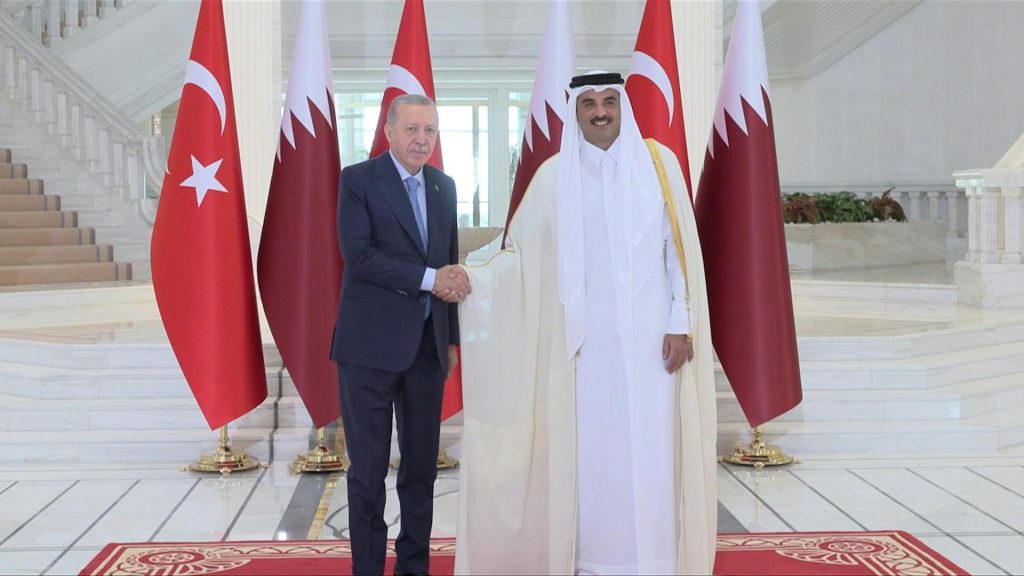Türkiye’s Gaza Diplomacy Tests U.S. Partnership and Sparks Israeli Objections
By TCUSAPAC News Desk | November 2025
WASHINGTON / ANKARA — Türkiye is positioning itself at the center of emerging diplomatic efforts to stabilize Gaza following weeks of fragile cease-fires and negotiations brokered jointly by Washington, Doha, and Ankara. The initiative, however, faces complications as Israel firmly rejects any Turkish military or peacekeeping role in the territory, exposing new geopolitical tensions among traditional U.S. partners.

Since October, Ankara has intensified its diplomatic activity, offering to help monitor cease-fire compliance, facilitate humanitarian access, and participate in Gaza’s post-conflict reconstruction. Turkish President Recep Tayyip Erdoğan has framed Türkiye’s engagement as a “moral and regional responsibility,” citing cultural ties to the Palestinian people and Türkiye’s history as a bridge between the Muslim world and the West.
Foreign Minister Hakan Fidan has held multiple meetings with his American, Qatari, and Egyptian counterparts, discussing what officials described as “Phase Two” of Gaza’s stabilization — a coordinated plan to maintain the truce, deliver aid, and begin infrastructure rebuilding under international supervision.
The United States has quietly supported Türkiye’s mediation role, acknowledging Ankara’s regional influence and access to multiple parties in the conflict, including Hamas. According to diplomatic sources, U.S. officials view Türkiye as a valuable intermediary that can help enforce cease-fire mechanisms and channel humanitarian aid through trusted partners such as Qatar and Egypt.
However, Washington remains cautious about Ankara’s long-term objectives. A senior U.S. diplomat, speaking on background, said, “We welcome Türkiye’s role as a facilitator, but the framework must remain multilateral — under clear international oversight.”
Analysts note that while U.S.-Türkiye cooperation on Gaza underscores a temporary convergence of interests, deep-seated differences persist over Türkiye’s rhetoric toward Israel and its contacts with Hamas officials.
Israeli officials have made it clear that Türkiye will not be part of any proposed international stabilization force in Gaza. On October 27, Israeli Foreign Minister Gideon Sa’ar told reporters that “no Turkish armed personnel will be accepted in Gaza under any circumstances,” reflecting ongoing mistrust rooted in years of diplomatic friction.
Jerusalem’s position follows a series of inflammatory exchanges between the two nations. President Erdoğan’s condemnation of Israel’s military campaign as “state terrorism” and his refusal to label Hamas a terrorist organization have further strained ties. In response, Israeli diplomats accused Ankara of undermining regional unity and complicating cease-fire enforcement.
Economic and Diplomatic Stakes
Beyond geopolitics, Türkiye’s participation in Gaza reconstruction could carry major economic implications. Turkish firms — particularly in construction, infrastructure, and logistics — are positioning for future contracts in rebuilding housing, hospitals, and energy systems.
For the Turkish-American business community, these developments present potential openings for bilateral cooperation in aid coordination, energy management, and trade facilitation.
